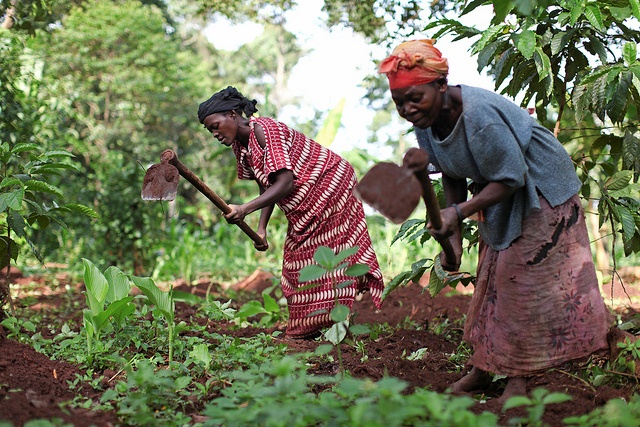Speciality coffee is a complex system and a complex supply chain from front to back. Many large organisations have a major influence over this, but a critical part is overlooked, that of the smallholder coffee farmers. This particular element in the chain has so much influence over the coffee itself, including the taste profiles and the quality of what is consumed by speciality coffee lovers across the world.
Smallholder coffee farms account for a major share of the coffee that is produced day on day, year on year. They contribute significantly to the global coffee landscape. They are usually more likely to exist in developing countries, such as parts of Africa and some parts of South America. They typically operate on smaller plots of land and use traditional, more natural farming methods.
A huge benefit of smallholder coffee production is that they maintain biodiversity through their methods. Their crops provide diverse ecosystems that mean healthier and more sustainable treatment of soils, and enabling of new life in the area. Supporting smallholding coffee companies is a great way for worldwide consumers to make the coffee industry more sustainable as a whole.
However, smallholder farming is a setup that comes with huge challenges. They have very little access, in some cases, to resources that are required to farm coffee in comfort. Examples of these resources include funds, emerging technologies, and information from across the industry that will guide their decision making. The vast consumption of coffee across the world, and changes to how coffee is traded, also means that prices are fluctuating which can leave smallholder farmers with financial problems to solve.
Smallholder farmers are, however, finding that access to new technologies is increasing in some areas. Access to mobile apps is reducing risks thanks to access to weather forecasts, for example.
The biggest strength for smallholders is the sense of community. Smallholding allows growers to contribute their speciality coffees to a communal output. Having relationships in place with these other smallholder coffee farmers means that rewards, and risks, are shared. It also means that decision making power is also a communal task. For example, a group of farmers has more traction in negotiating deals for their speciality coffee outputs.
Thanks to the growing taste for speciality coffees, now is the time for smallholder coffee farmers to start seeing more reward for their labours. Many smaller-scale coffee farmers are able to scale up and be a fairly-treated part in the coffee supply chain.
Coffee farmers – Fairtrade Foundation
They are the heart of the coffee world. They bring us new flavours, eco benefits, and keep the coffee farming practices of old alive and well. Lets support their work and make sure that speciality coffee is a thing of the present, and of the future!

